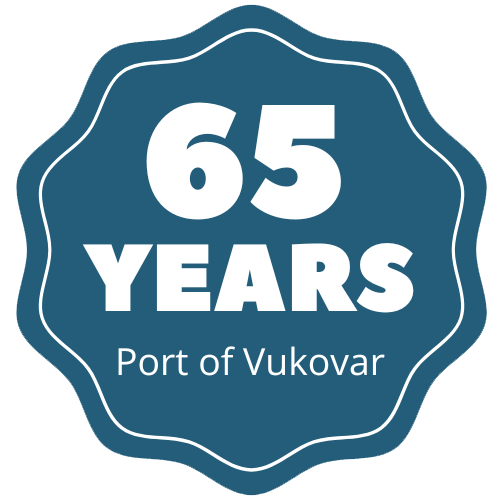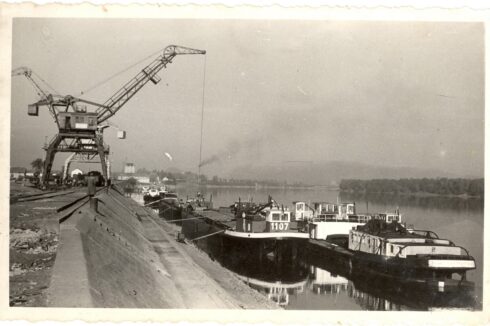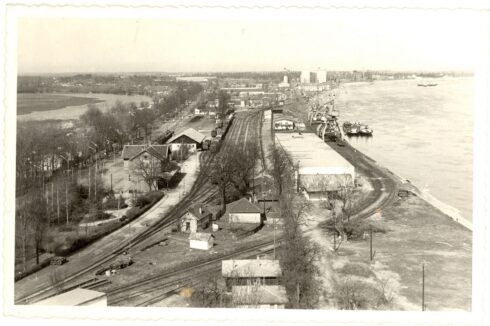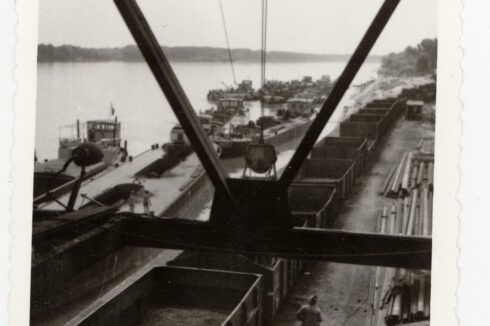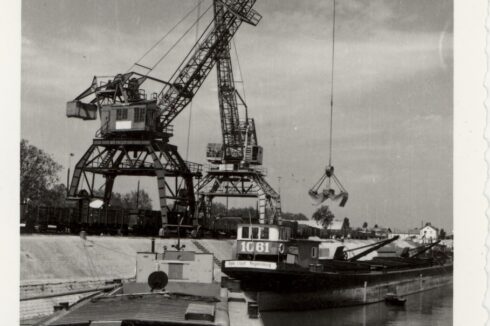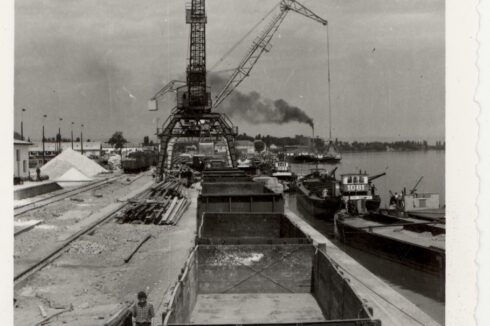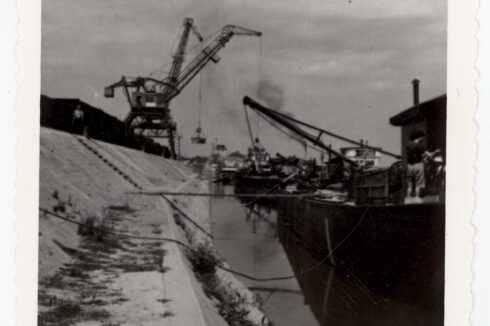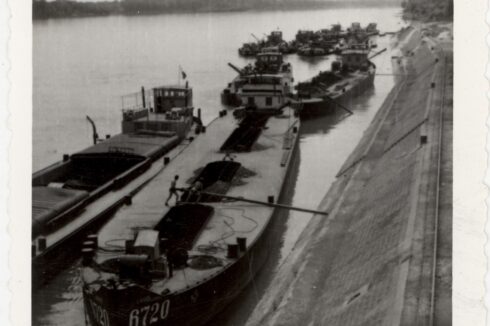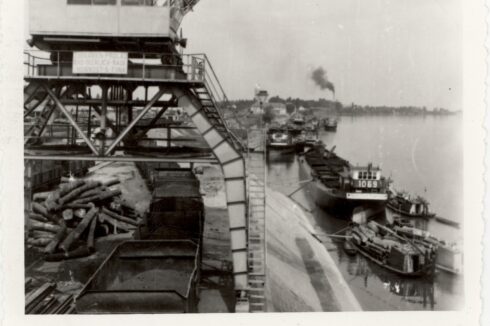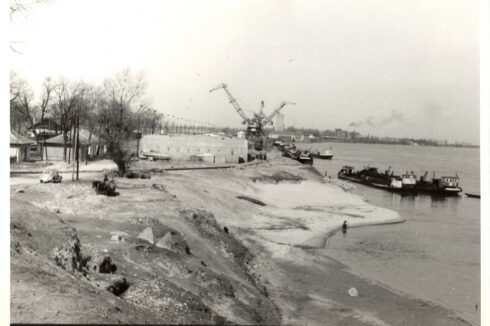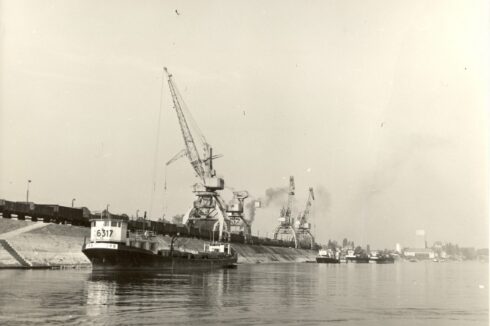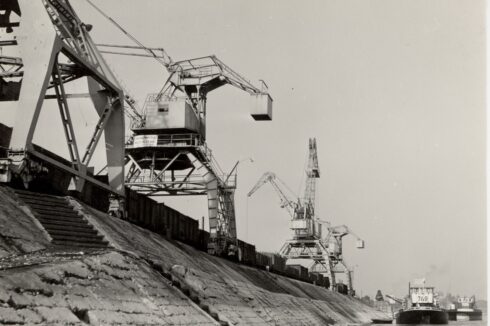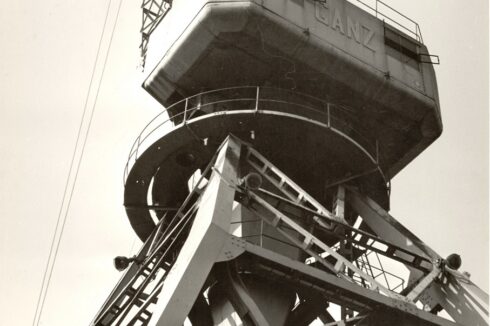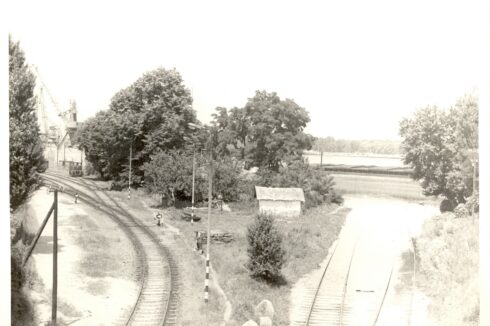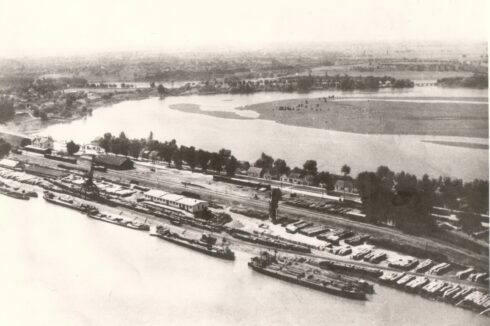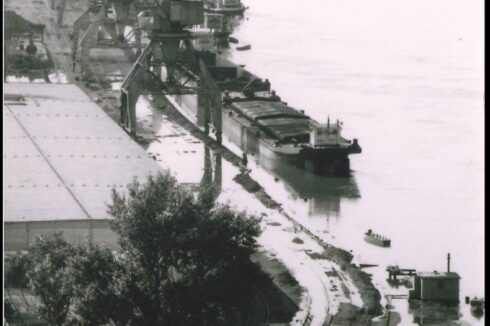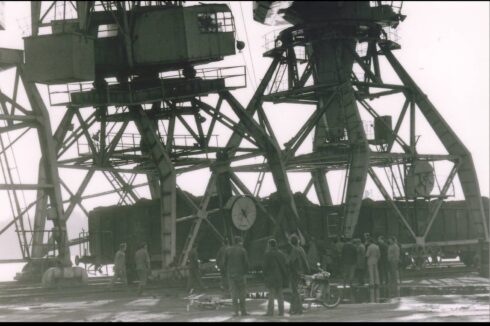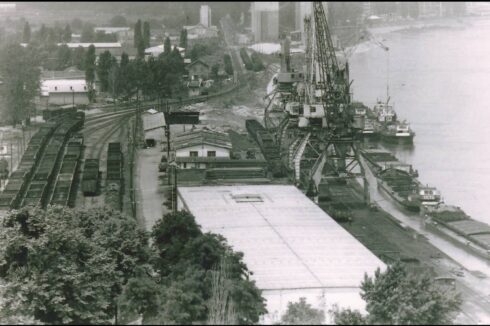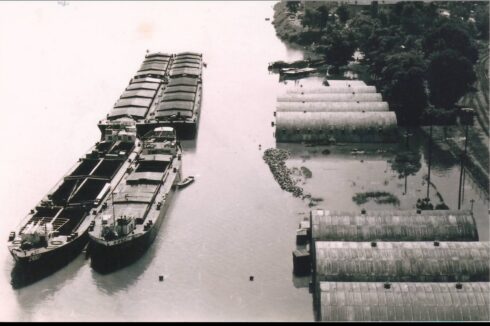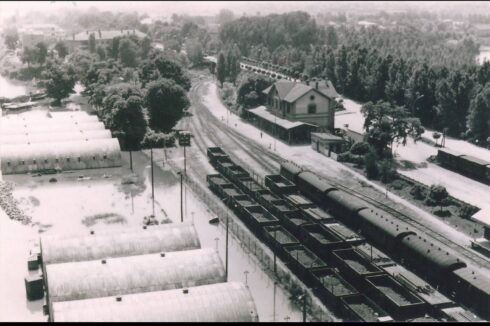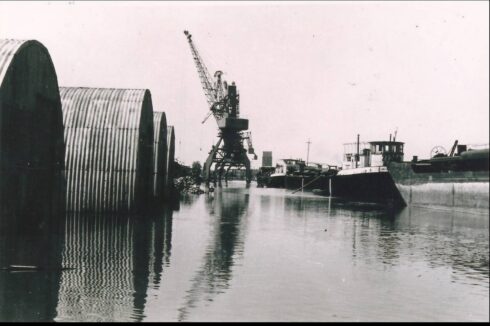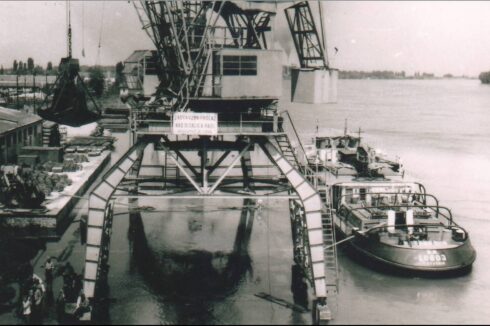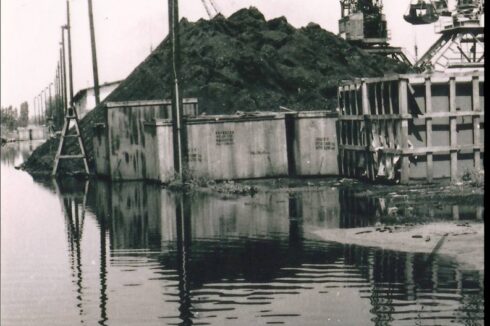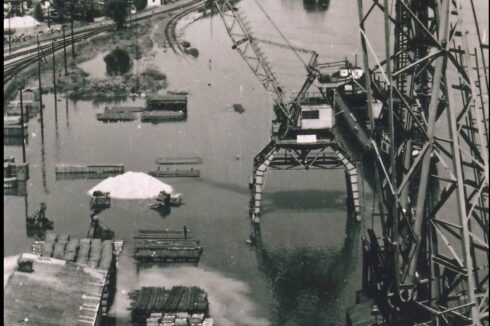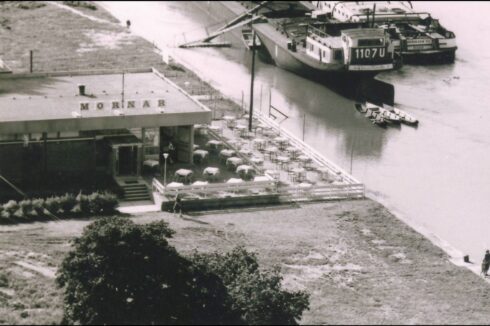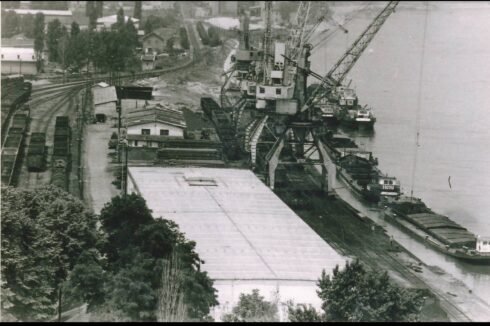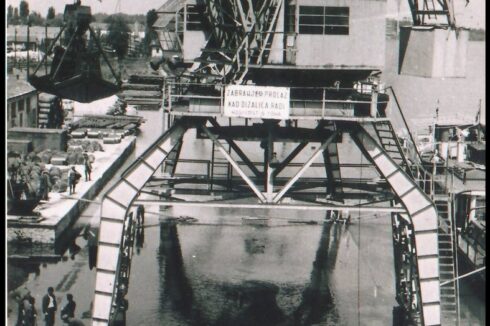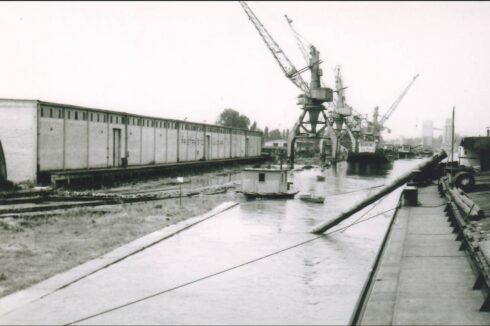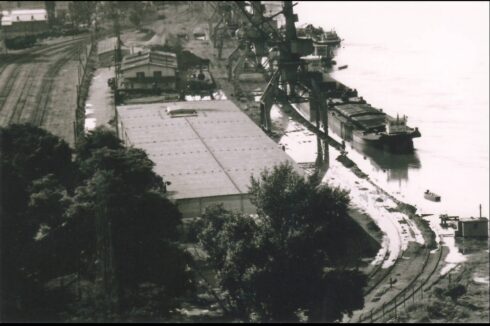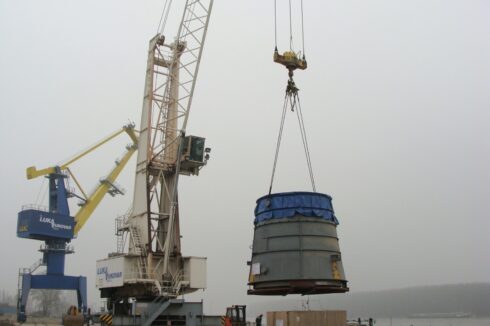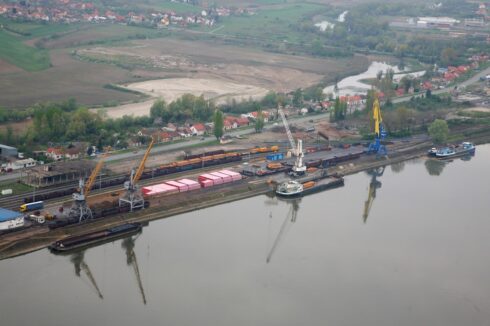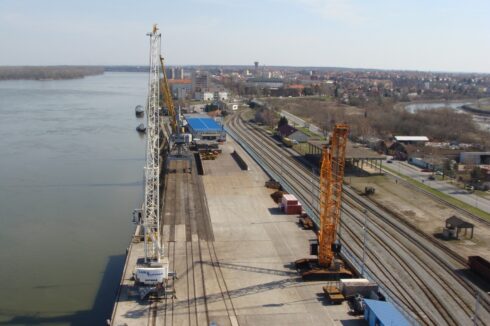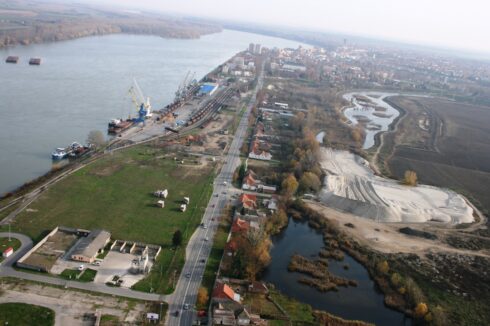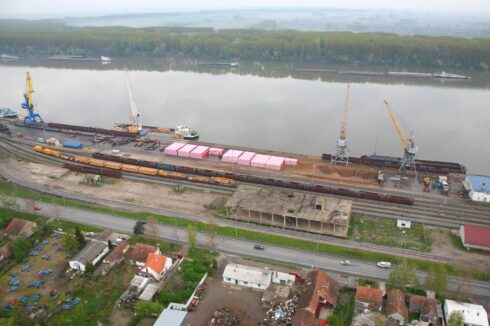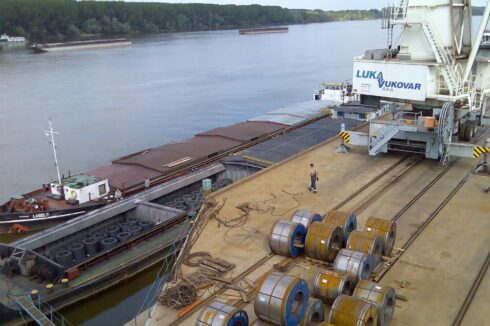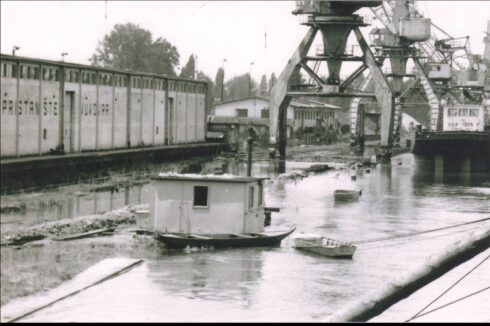
It has been sailed on the Danube through the history. Already in the time of the ancient Romans, legions, their weapons and food were transported along the Danube, necessary for the survival of that powerful war machine that ruled this area at that time. Armies, emperors and sultans changed over time, but the Danube was still there, like a long spear sunk from the Black Sea all the way to the heart of old Europe. To the cities that arose along it, the Danube offered the best of itself. It provided them with an abundance of necessary water, an inexhaustible source of food, and ultimately, not least, an advantage over other cities through the exchange of goods and the development of trade. Thus, Vukovar has long had its own port where ships loaded the well-known Slavonian oak and golden fruits of the Slavonian plain, and brought from imperial Vienna and Pest luxury products of local masters.
Due to its position as the only port in Croatia on the Danube River, and the natural gravity of a large industrial basin in northern Bosnia, in the recent past the Port of Vukovar (Luka-Vukovar d.o.o.) has grown over time into one of the largest Central European ports. It was recorded that during the 70s and 80s of the XX. century, on average, between 1,200,000 and 1,300,000 metric tons of various goods were transshipped annually from wagons to ships and vice versa, which at that time made the port of Vukovar the largest river port of the former SFRY.
During the Homeland War 1991-1995. the infrastructure and superstructure of the port was completely destroyed and could not perform its activity. In the process of peaceful reintegration of Vukovar into the legal and economic structure of Republic of Croatia, which followed in 1997, a process of capacity renewal was initiated. In the following years, the Government of the Republic of Croatia invested around EUR 5.5 million in financing the project for the purchase of equipment and the reconstruction of existing capacities. Also worth mentioning is the contribution of the Government of the Kingdom of Belgium, whose members of the armed forces in this area ensured peaceful reintegration as part of the UNTAES mission, which donated two used cranes worth around EUR 650,000.
During the last fifty years, in the period that we can consider modern for the concepts of business of the port company in Vukovar, the company has changed its form of organization several times. It operated as an independent company or a subsidiary or business unit of Dunavski Lloyd Sisak, JRB from Belgrade, and since 1989 within VUPIK d.d. Vukovar. On April 19th , 2002, the subsidiary of VUPIK d.d., Port of Vukovar ( Luka-Vukovar d.o.o.) , was founded, which successfully started its independent work and became one of the leading and most successful medium-sized business entities in Vukovar-Srijem County. Due to the preparations for the privatization of VUPIK d.d. at higher levels, it was decided that this company be completely separated from the system of this agro-industrial combine, and on March 2, 2007 registered company under the same name Port of Vukovar (Luka-Vukovar d.o.o.).

